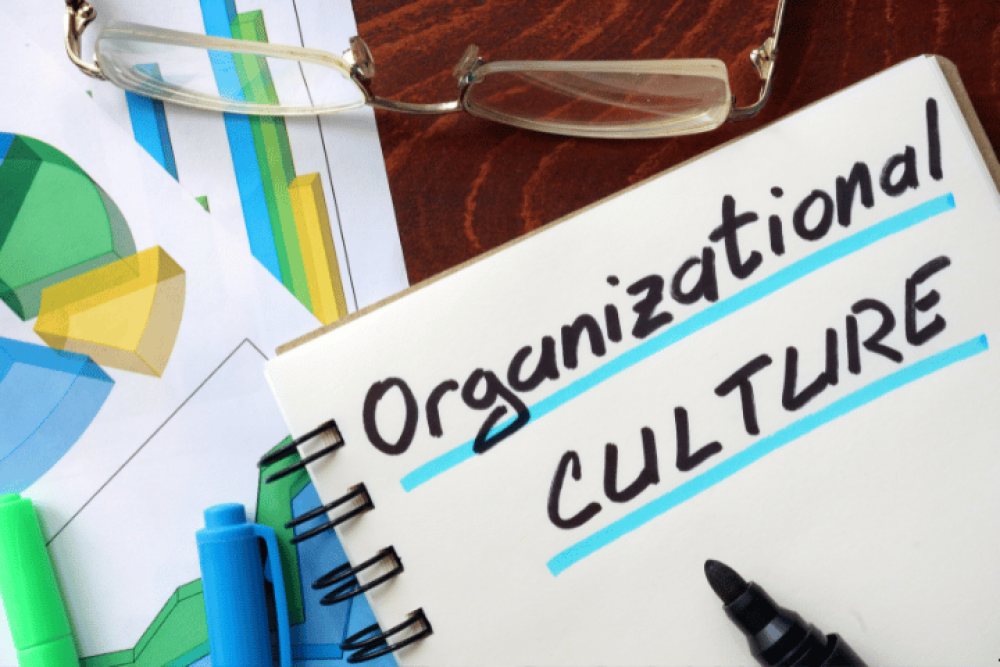
Nurturing Talent: A Holistic Approach to Organizational Growth
In the dynamic landscape of modern businesses, talent management has evolved beyond mere recruitment and retention strategies. Today, organizations embrace a holistic approach encompassing every stage of the employee lifecycle, from recruitment to succession planning. This comprehensive talent management framework is about filling positions and nurturing and developing individuals to their full potential, thereby ensuring sustainable growth for the organization.
We will delve into the intricacies of comprehensive talent management solutions and their pivotal role in fostering sustainable organizational success.
Recruitment: Attracting the Right Talent
Exos Advisors offering talent management consulting services that focus on attracting and selecting the right individuals for various organizational roles. It begins with thoroughly analyzing the organization's needs, including skills gaps and future requirements. By leveraging data-driven insights and employing targeted recruitment strategies, organizations can identify and engage with top talent that aligns with their values and objectives. Moreover, embracing diversity and inclusivity in recruitment practices enriches the talent pool and fosters a culture of innovation and creativity within the organization.
Onboarding: Seamless Integration for New Hires
Effective onboarding is crucial for ensuring the seamless integration of new hires into the organizational ecosystem. It goes beyond administrative processes to encompass cultural immersion, role clarity, and early engagement. A well-structured onboarding program facilitates faster acclimatization, reduces time-to-productivity, and enhances employee satisfaction and retention. Organizations can set a strong foundation for long-term employee success and contribution by providing continuous support and feedback during the onboarding phase.
Training and Development: Fostering Continuous Growth
Training and development initiatives are pivotal in nurturing talent and fostering continuous growth within the organization. By identifying skill gaps and learning needs, organizations can design customized training programs that empower employees to enhance their capabilities and adapt to evolving job requirements. Embracing a culture of continuous learning enhances employee engagement and motivation and equips the workforce with the skills needed to drive innovation and competitiveness in the market.
Performance Management: Cultivating Excellence and Accountability
Performance management is integral to talent management, as it involves setting clear expectations, providing regular feedback, and recognizing achievements. Organizations can cultivate a culture of excellence, accountability, and continuous improvement by implementing robust performance management systems and processes. Objective performance evaluations, coupled with constructive feedback and coaching, enable employees to identify areas for growth and development, thereby enhancing overall organizational performance and effectiveness.
Career Development: Empowering Growth Trajectories
Career development initiatives are essential for empowering employees and fostering long-term commitment and loyalty. Organizations can facilitate career pathing, mentorship programs, and skills enhancement opportunities to help employees envision and pursue meaningful growth trajectories. By aligning individual aspirations with organizational goals, career development initiatives enhance employee satisfaction and engagement and contribute to succession planning by nurturing internal talent for future leadership roles.
Succession Planning: Ensuring Continuity and Leadership Readiness
Succession planning is a strategic imperative for organizations seeking sustainable growth and continuity. It involves identifying and developing high-potential employees to assume critical leadership roles in the future. Organizations can mitigate talent risks, ensure leadership readiness, and maintain operational continuity during leadership transitions by implementing succession planning frameworks. Moreover, succession planning fosters a culture of meritocracy and talent development, motivating employees to strive for excellence and contribute proactively to organizational success.
Mentorship and Coaching: Cultivating Talent Potential
Mentorship and coaching programs are instrumental in unlocking the full potential of talent within an organization. By pairing experienced mentors with mentees, organizations can facilitate knowledge transfer, skill development, and career guidance. These programs enhance employee engagement and retention and foster a culture of continuous learning and professional growth. Employees receive personalized feedback, advice, and support through regular coaching sessions to navigate challenges, capitalize on opportunities, and achieve their career aspirations.
Employee Engagement: Fostering a Culture of Commitment and Contribution
Employee engagement is a cornerstone of effective talent management, directly impacting productivity, retention, and organizational performance. Organizations can enhance employee engagement levels by creating a positive work environment, offering meaningful work experiences, and promoting open communication. Recognizing and rewarding employee contributions, celebrating achievements, and soliciting feedback reinforce a culture of commitment and contribution. Engaged employees are more likely to be motivated, innovative, and aligned with organizational goals, driving sustained performance and competitive advantage.
Workforce Planning: Anticipating Future Talent Needs
Workforce planning is a strategic process that involves analyzing current workforce capabilities and anticipating future talent needs based on business objectives and industry trends. Organizations can identify critical skills shortages, succession risks, and talent gaps by conducting workforce gap analyses. This proactive approach enables organizations to develop targeted recruitment, training, and development strategies to address emerging talent needs. Organizations can build a robust talent pipeline by aligning workforce planning with business strategy, minimizing talent disruptions, and maintaining agility in responding to market dynamics.
Comprehensive talent management solutions are indispensable for organizations aspiring to achieve sustainable growth and competitive advantage in today's dynamic business environment. From recruitment to succession planning, every stage of the talent lifecycle plays a crucial role in nurturing and developing a skilled, engaged, and resilient workforce. By embracing a holistic approach that integrates recruitment, onboarding, training, performance management, career development, and succession planning, organizations can unlock the full potential of their talent pool and drive continuous innovation and excellence. Through strategic investments in talent management, organizations can position themselves for long-term success and resilience amidst evolving market challenges.

